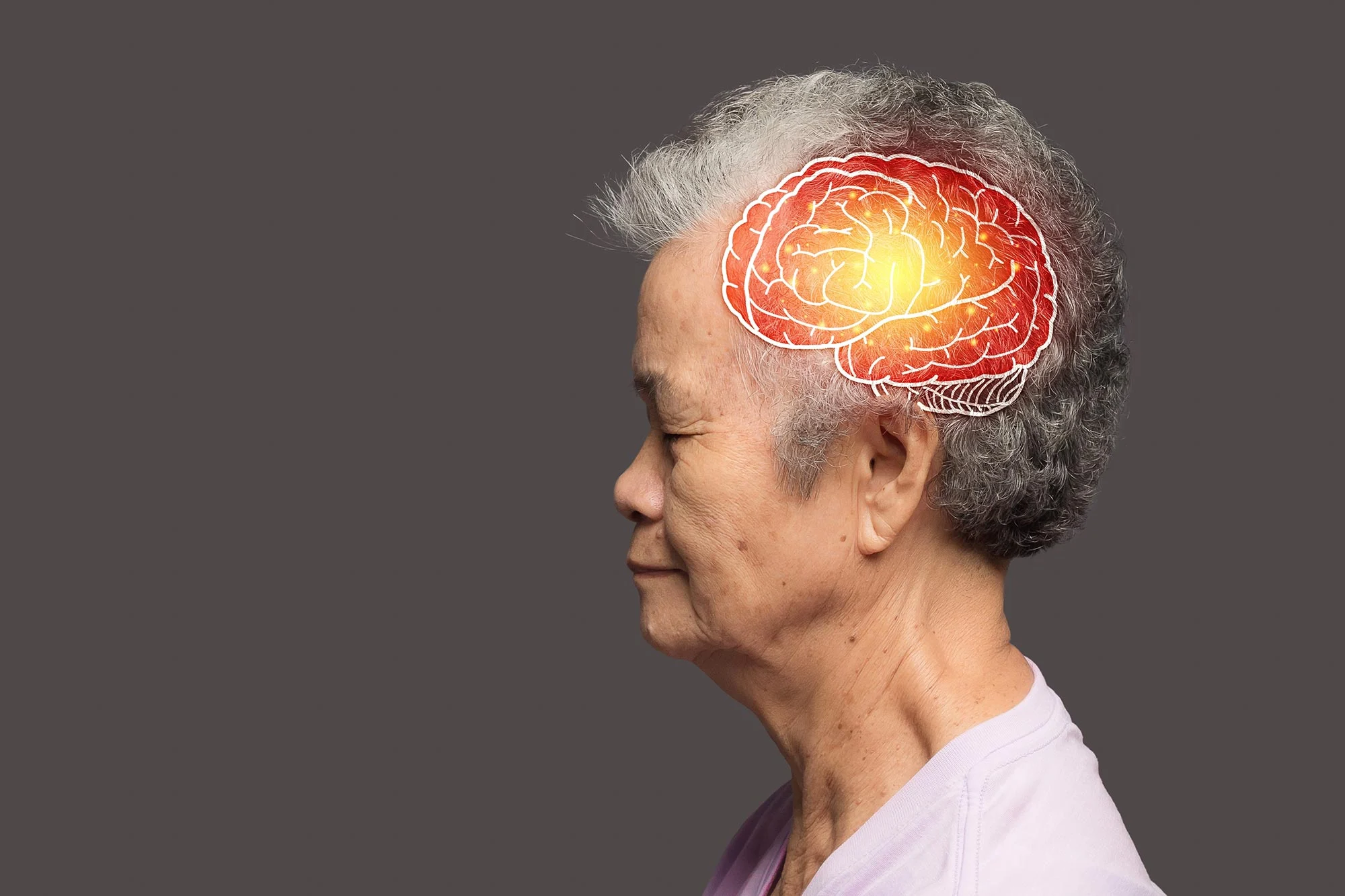A new study reveals that China is facing a rapidly escalating crisis in Alzheimer’s disease and other dementias, with rates increasing faster than the global average.
A Crisis Growing in Silence
Alzheimer’s disease is rising sharply in China, now affecting more than 16 million people. This figure accounts for nearly 30% of all global dementia cases. As China’s population ages rapidly, experts warn that the country could face a public health emergency unless urgent action is taken.
Why Is Alzheimer’s Growing So Fast in China?
One major reason is China’s aging population. By 2035, over 400 million Chinese citizens will be aged 60 or older. At the same time, modern lifestyles—such as high-fat diets, less physical activity, and higher smoking rates—are increasing health risks. These habits contribute to conditions like obesity and diabetes, which are closely linked to dementia.
China’s Plan to Slow the Tide
In response, the Chinese government has launched a nationwide plan to manage and prevent dementia. The goal is to build a strong dementia care system by 2030. The plan includes:
– A national screening program for people over 60
– Early support for individuals at risk
– Expanded services in care facilities for older people
– Training 15 million dementia care workers
Still, challenges remain. Many people are unaware of early symptoms. In addition, dementia is often diagnosed too late, making treatment less effective.
New Treatments Offer Hope
There’s some encouraging news. The drug Leqembi, developed by Eisai and Biogen, is now available in China. This medication slows the disease by targeting harmful brain plaques. While it’s currently sold through private channels, talks are underway to include it in public healthcare programs.
At the same time, scientists are working on simpler tools to detect Alzheimer’s earlier. For instance, blood tests that may help identify the disease before symptoms appear could be available by 2025. Dailyscitech
A Global Wake-Up Call
China’s experience highlights a global issue. According to recent studies, only one in five countries has a full plan to deal with dementia. Without strong prevention and care systems, many nations may soon face similar crises. It’s clear that the world must act now—before the problem grows even larger. Dailyscitech
What Comes Next?
Can China’s national strategy slow the rise of Alzheimer’s? Or will this condition outpace efforts to stop it? The answers will not only shape China’s future but may also offer lessons for the rest of the world. Dailyscitech










